The African American community of Clinton, Tennessee had fought since 1947 for the right to a high school education. The local citizens were represented by African American attorneys Z. Alexander Looby, Avon N. Williams, Carl A. Cowan, and Thurgood Marshall. Following Brown v. Board of Education, a federal judge ordered Clinton High School to desegregate with “all deliberate speed” in the fall of 1956.
The Clinton 12, the first Black students to attend Clinton High School, registered and attended school for one day without incident in late August of 1956.
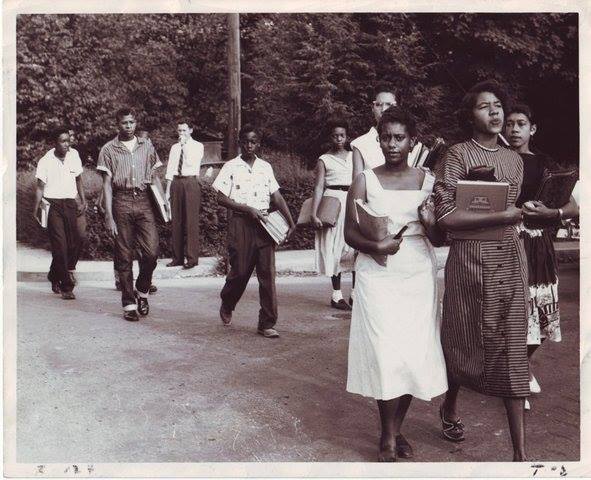
Sept. 5, 1956, members of the Clinton 12 walk to Clinton High School. Source: Knoxville News Sentinel
However, on September 1, the White Citizens Council and Klan launched full-scale rioting in Clinton.
Cars were overturned, windows smashed, and Black citizens were threatened.
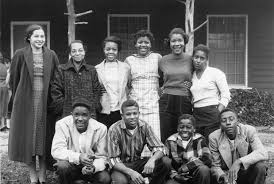
Members of the Clinton 12 and Rosa Parks. Source: Highlander Research and Education Center
On December 4, 1956, a white minister organized to support the Clinton 12. After escorting the students to school, he was severely beaten by a white mob. The principal closed the school until December 10, when a federal judge reaffirmed his court injunction forbidding anyone from interfering with the integration process.
The students attended the Highlander Center in December of 1956 where they met Rosa Parks.
In 1958, the school was destroyed by dynamite.
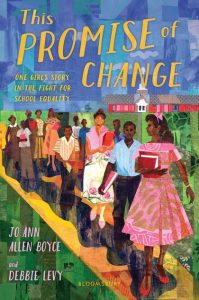 One of the Clinton 12, Jo Ann Allen Boyce, has written a book for grades 7+, This Promise of Change: One Girl’s Story in the Fight for School Equality. Co-authored with Debbie Levy, the book uses free verse interspersed with quotes from newspapers, white supremacist protest signs, preachers’ sermons, and other primary documents from the time.
One of the Clinton 12, Jo Ann Allen Boyce, has written a book for grades 7+, This Promise of Change: One Girl’s Story in the Fight for School Equality. Co-authored with Debbie Levy, the book uses free verse interspersed with quotes from newspapers, white supremacist protest signs, preachers’ sermons, and other primary documents from the time.
Through the voice of Jo Ann, the reader learns of the strength of the Black community and how much is sacrificed and risked by the Black students to go to the previously all-white high school.
One entry from the book reads,
Wednesday September 26, When word comes the Ku Klux Klan is driving up the Hill, my father gets his gun. We live here. He won’t run. . . When word comes my dad’s in jail ― my dad! And not the bombers! His crime? There’s only one: A Black man with a gun.
Learn more about Jo Ann’s story in the WBUR On Point podcast episode ‘A Most Tolerant Little Town’: The Forgotten Story of Desegregation in Clinton, Tennessee, with Stefano Kotsonis and Meghna Chakrabarti.
Find related teaching resources below.

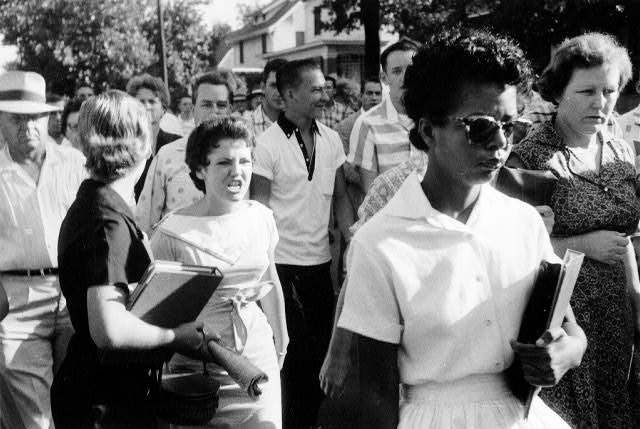
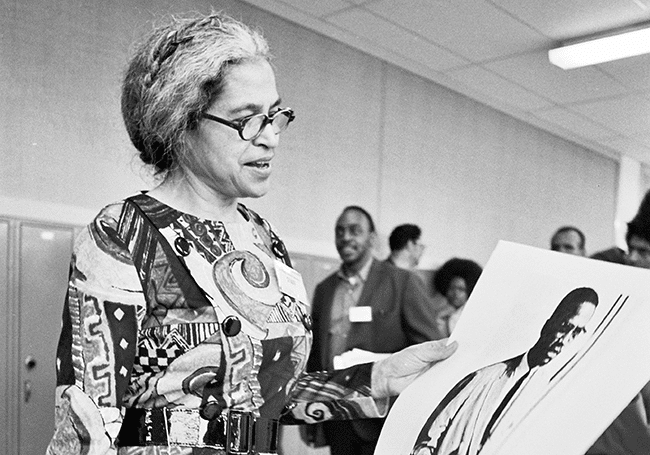
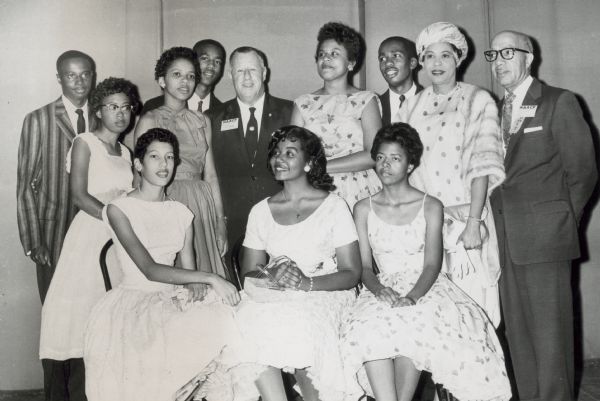
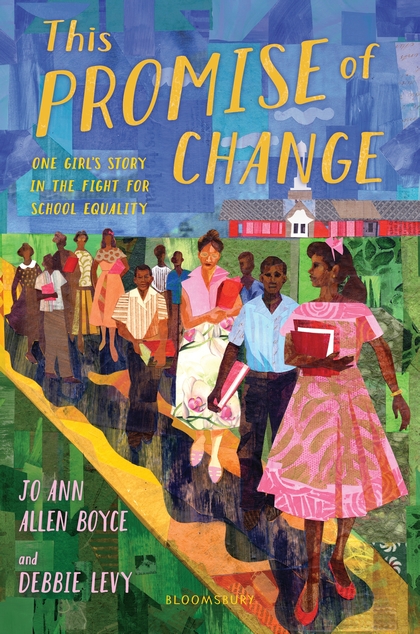
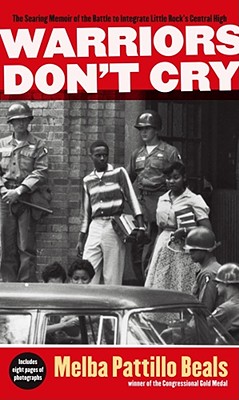
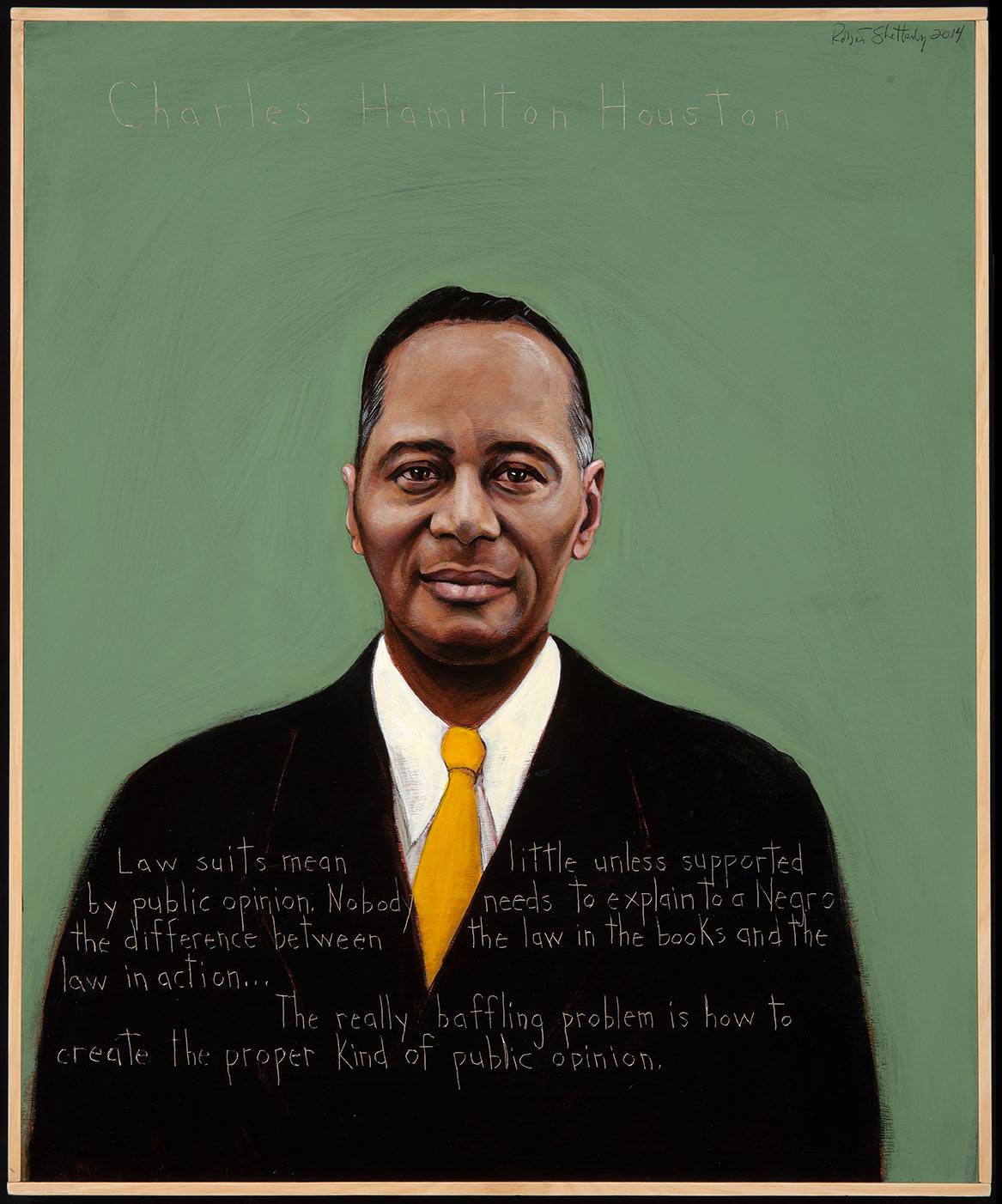
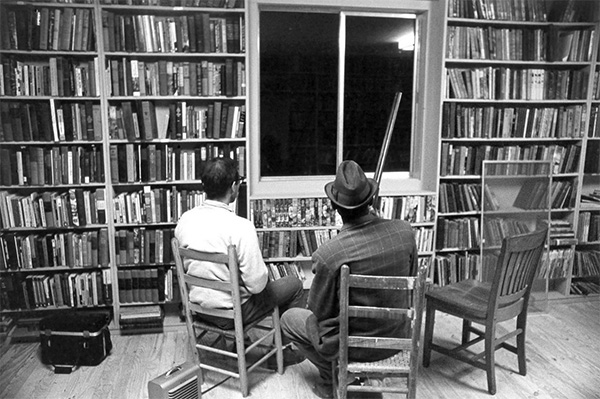





Twitter
Google plus
LinkedIn